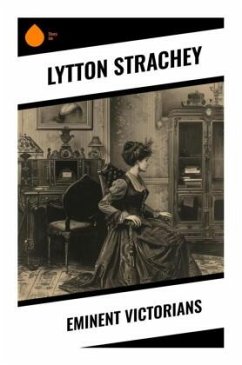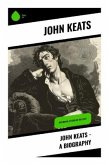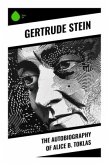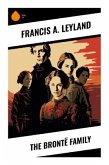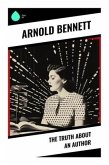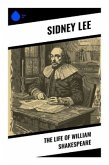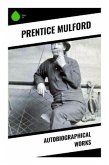In "Eminent Victorians," Lytton Strachey provides a groundbreaking examination of four notable figures of the Victorian age: Cardinal Manning, Florence Nightingale, Thomas Arnold, and John Henry Newman. Strachey's literary style is characterized by his sharp wit, keen psychological insight, and unapologetic dissection of the historical narrative, blending biographical detail with critical analysis in a manner that erodes the veneer of reverence often associated with biographies of great figures. The book's context lies within the early 20th-century cultural landscape, wherein Strachey sought to challenge and redefine the prevailing notion of historical greatness, advocating for a more nuanced understanding of individual complexities against the backdrop of Victorian ideals. Lytton Strachey, a prominent member of the Bloomsbury Group, was influenced by the contrasting mores of his time, particularly the burgeoning modernist movement and the critique of Victorian moral absolutism. His unique perspective as a biographer stemmed from both personal discontent with conventional narratives and his intent to demystify the heroic image constructed around historical figures, revealing their fallibility and the societal factors shaping their legacies. Strachey's "Eminent Victorians" is not merely a collection of biographies, but a compelling invitation to reflect on the intersection of personal virtue and public persona. As such, it is recommended for readers interested in a critical yet engaging exploration of historical figures who remain significant in understanding the complexities of human nature and the age they inhabited.
Bitte wählen Sie Ihr Anliegen aus.
Rechnungen
Retourenschein anfordern
Bestellstatus
Storno

